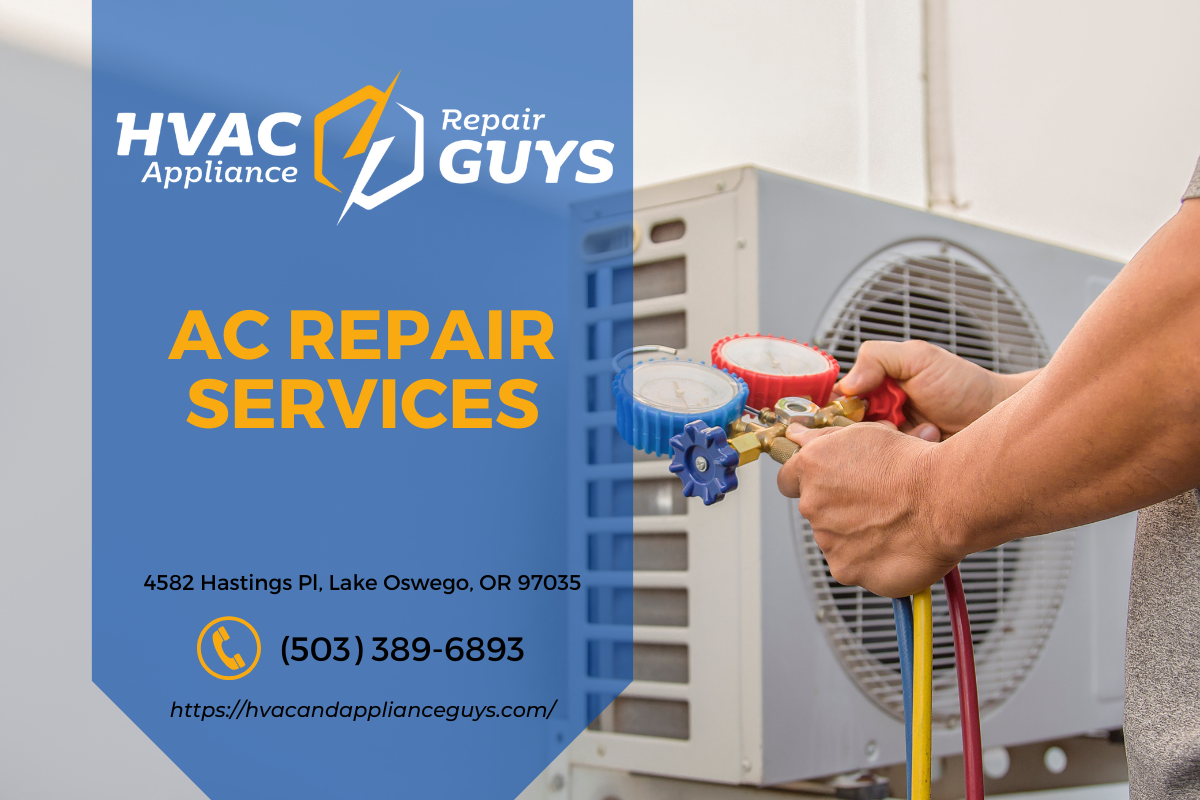

Introduction
In the modern world, heating and cooling systems have become essential for maintaining a comfortable indoor environment. These systems not only provide the warmth we crave during cold winter months but also keep us cool during scorching summer days. However, like any other mechanical system, they require regular maintenance to function optimally. So, how often should you service your heating and cooling systems? In this article, we will delve into the specifics of HVAC servicing, including schedules, benefits, and the role of trusted HVAC contractors in ensuring your systems run smoothly.
How Often Should You Service Your Heating and Cooling Systems?
The general consensus among HVAC professionals is that you should service your heating and cooling systems at least once a year. However, there are several factors that can influence how often this should be done:
1. Type of System
- Central Air Conditioning Units: Generally require servicing at least once a year before the cooling season begins. Furnaces: Should be serviced annually before the heating season starts. Heat Pumps: Require biannual servicing due to their dual functionality.
2. Usage Patterns
If you use your HVAC system extensively—especially in extreme climates—you may want to schedule more frequent maintenance checks (twice a year).
3. Age of the System
Older units tend to wear down more quickly than newer models. If your unit is over ten years old, consider increasing the frequency of service.
4. Manufacturer Recommendations
Always consult your owner’s manual or manufacturer guidelines for specific recommendations regarding servicing frequency.
5. Environmental Factors
Homes located in dusty areas or near construction sites may require more frequent servicing due to increased dirt accumulation.
6. Allergies and Indoor Air Quality
If anyone in your household suffers from allergies or respiratory issues, more frequent servicing can help maintain good air quality.
In summary, while an annual service is standard for most HVAC systems, additional factors could necessitate more frequent checks. A trusted HVAC contractor can help assess these needs effectively.
Benefits of Regular HVAC Maintenance
Regular servicing has numerous advantages that go beyond just keeping your home comfortable:
1. Increased Efficiency
A well-maintained system operates more efficiently, which can lead to lower energy bills—a significant benefit when considering energy costs over time.
2. Extended Lifespan
Routine maintenance https://maps.google.com/maps?ll=45.42184,-122.723892&z=16&t=m&hl=en&gl=US&mapclient=embed&cid=12952432108637839288 can extend the life of your heating and cooling systems by identifying problems early on before they escalate into costly repairs or replacements.
3. Improved Indoor Air Quality
Regular cleaning of filters and ducts ensures that you breathe cleaner air free from allergens such as dust mites and mold spores.
4. Enhanced Comfort Levels
Properly serviced systems heat or cool spaces evenly—no more hot spots or chilly corners!
5. Fewer Repairs
By addressing minor issues during routine check-ups rather than waiting for them to develop into larger problems, homeowners can save significantly on repair costs.
6. Compliance with Warranty Requirements
Many manufacturers require proof of regular maintenance for warranty claims—neglecting this could void warranties on expensive equipment.
Selecting a Trusted HVAC Contractor
When it comes to the performance of your heating and cooling systems, choosing the right HVAC company is paramount:
1. Research Local Options
Start by searching for an "HVAC contractor near me." This will provide you with a list of local companies you'll want to consider based on proximity and convenience.
2. Check Credentials
A licensed HVAC company will have certified technicians who understand all aspects of system maintenance and repair.
3. Read Reviews
Online platforms like Yelp or Google Reviews can provide insights into customer experiences with various contractors.
4. Request Quotes
Don't hesitate to get estimates from different contractors so you can compare services and prices effectively.
Common HVAC Services Offered
Understanding what types of services are available can help you choose the right contractor for your needs:
| Service Type | Description | |----------------------|-----------------------------------------------------------------------------| | Routine Maintenance | Includes cleaning coils, checking refrigerant levels, changing filters | | Emergency Repairs | Quick fixes for unexpected breakdowns | | Installation Services | New system installations or replacements | | Duct Cleaning | Removal of dust & debris from ductwork | | Thermostat Calibration| Ensuring accurate temperature readings |
Scheduling Your HVAC Service: Best Practices
To make sure you're on top of scheduling maintenance:
1. Set Reminders
Use digital calendars or apps to set reminders for annual service dates.
2. Pre-Season Scheduling
Book appointments ahead of peak seasons (winter/summer) when demand is high; this prevents delays in getting service when you need it most.
FAQs About HVAC Servicing
Q1: How often should I change my air filter?
A1: It's advisable to check your air filter monthly; replace it every 1-3 months depending on usage.
Q2: What are signs my system needs immediate attention?
A2: Unusual noises, inconsistent temperatures, increased energy bills, or unusual smells may indicate problems.
Q3: Can I service my own HVAC system?
A3: While some basic tasks like changing filters can be DIY projects, it's best to leave comprehensive servicing to licensed professionals.
Q4: How long does an average service appointment take?
A4: Most routine appointments last about one hour but can vary based on specific issues.
Q5: Is regular service really worth it?
A5: Absolutely! Regular maintenance reduces costly repairs over time and prolongs system lifespan.
Q6: What if my system breaks down outside normal business hours?
A6: Many trusted HVAC companies offer emergency services; always inquire about this option when selecting a contractor.
Conclusion
Understanding how often you should service your heating and cooling systems is crucial for maintaining efficiency, comfort, and air quality in your home. With annual inspections typically recommended—and potentially more frequent checks based on individual circumstances—it's important to engage with a reliable HVAC contractor who knows their stuff.
Remember that investing time in routine maintenance now prevents costly mishaps later down the line! So take action today; reach out to a licensed HVAC company near you and ensure that your heating and cooling systems stand ready for whatever Mother Nature throws at us!